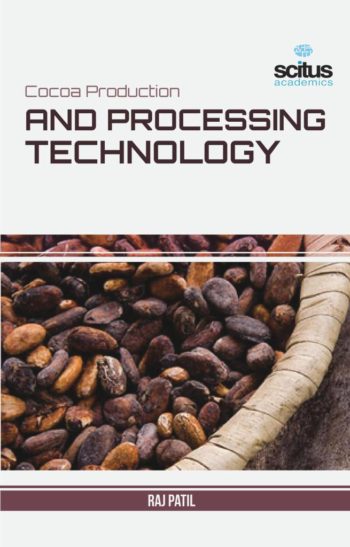Waters that are used for drinking, manufacturing, farming, and other purposes are degraded in quality as a result of the introduction of contaminating constituents. Organic wastes, suspended solids, bacteria, nitrates, and phosphates are pollutants that commonly must be removed. As mankind eventually adopted a more settled, non-nomadic way of life, people become increasingly involved in the technical aspects of water. To a large extent, the primary concerns in the beginning were utilization and improvement of existing water resources, together with protection against the hazards and potential harm associated with uncontrolled natural water. It was only toward the end of the nineteenth century that wastewater become an issue in science, technology, and legislation, specifically, its production and treatment, in terms of both municipal and industrial sources. Water supply and water quality degradation are global concerns. Many natural water bodies receive a varied range of waste water from point and/or non point sources. Water has been used in abundant quantities by chemical, petrochemical, petroleum refining and other process industries. However, in recent years, the increased cost of wastewater treatment to meet environmental requirements and the scarcity of less expensive industrial water have provided process industries with strong incentive to minimize the amount of water consumption and wastewater discharge. The major concern is to emphasize the importance of water reuse and a number of efforts have been made towards achieving the goal of extensive water reuse in various process industries. Hence, there is an increasing need for better tools to assess the effects of pollution sources and prevent the contamination of aquatic ecosystems. So, both optimized waste water treatment technologies and modern tools to assess the effects of pollution sources are necessary to prevent the contamination of aquatic ecosystems.
This Book covers a wide spectrum of issues related to waste water monitoring, the evaluation of waste water effect on different natural environments and the management of water resources. It deals with interdisciplinary topics concerning waste water treatment technologies, water quality monitoring and evaluation of waste water impact on natural environments. This book will be helpful for graduate students, environmental professionals and researchers of various disciplines related to waste water.













